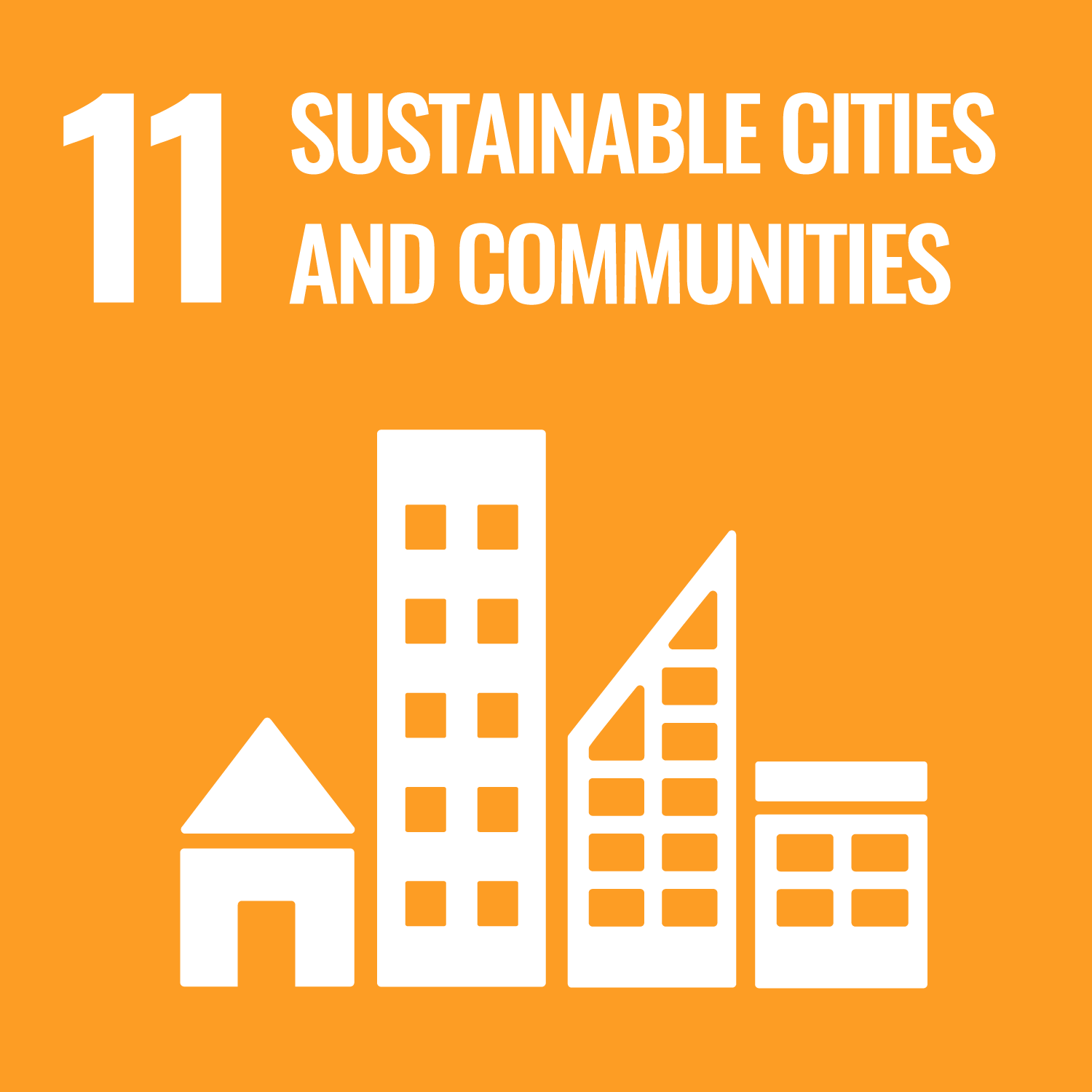Pawluk De-Toledo, K., O’Hern, S. and Koppel, S. (2024) A social-ecological model of working from home during COVID-19. Transportation, 51. pp. 1181-1208. ISSN 0049-4488
Abstract
Working from Home (WFH) is emerging as a critical measure for reducing transport demand. Indeed, the COVID-19 pandemic has revealed that trip avoidance measures, especially WFH, could help address Sustainable Development Goal 11.2 (creating sustainable transport systems in cities) by decreasing commuter trips by private motor vehicles. This study aimed to explore and identify the attributes that supported WFH during the pandemic and construct a Social-Ecological Model (SEM) of WFH within the context of travel behaviour. We conducted in-depth interviews with 19 stakeholders from Melbourne, Australia and found that WFH during COVID-19 has fundamentally changed commuter travel behaviour. There was a consensus among participants that a hybrid-work model will emerge post-COVID-19 (e.g., working three days in the office and two days at home). We identified 21 attributes that influenced WFH and mapped these attributes across the five traditional SEM levels (intrapersonal, interpersonal, institutional, community and public policy). In addition, we proposed a sixth higher-order level: “global”, to reflect the worldwide phenomena of COVID-19 and computer programs that also supported WFH. We found that WFH attributes were concentrated at the intrapersonal (individual) and institutional (workplace) levels. Indeed, workplaces are key to supporting WFH in the long-term. Whereby, workplace provision of laptops, office equipment, internet connection and flexible work policies enable WFH, and unsupportive organisational cultures and managers are potential barriers to WFH. This SEM of WFH benefits both researchers and practitioners by providing guidance of the key attributes required to sustain WFH behaviours post-COVID-19.
Metadata
| Item Type: | Article |
|---|---|
| Authors/Creators: |
|
| Copyright, Publisher and Additional Information: | © The Author(s) 2022. This is an open access article under the terms of the Creative Commons Attribution License (CC-BY 4.0), which permits unrestricted use, distribution and reproduction in any medium, provided the original work is properly cited. |
| Keywords: | Trip avoidance; Working from home; COVID-19; Telecommuting; Telework; Social-ecological model; Travel demand |
| Dates: |
|
| Institution: | The University of Leeds |
| Academic Units: | The University of Leeds > Faculty of Environment (Leeds) > Institute for Transport Studies (Leeds) > ITS: Sustainable Transport Policy (Leeds) |
| Depositing User: | Symplectic Publications |
| Date Deposited: | 29 Nov 2024 11:59 |
| Last Modified: | 29 Nov 2024 11:59 |
| Status: | Published |
| Publisher: | Springer |
| Identification Number: | 10.1007/s11116-022-10331-7 |
| Related URLs: | |
| Sustainable Development Goals: | |
| Open Archives Initiative ID (OAI ID): | oai:eprints.whiterose.ac.uk:220230 |

 CORE (COnnecting REpositories)
CORE (COnnecting REpositories) CORE (COnnecting REpositories)
CORE (COnnecting REpositories)